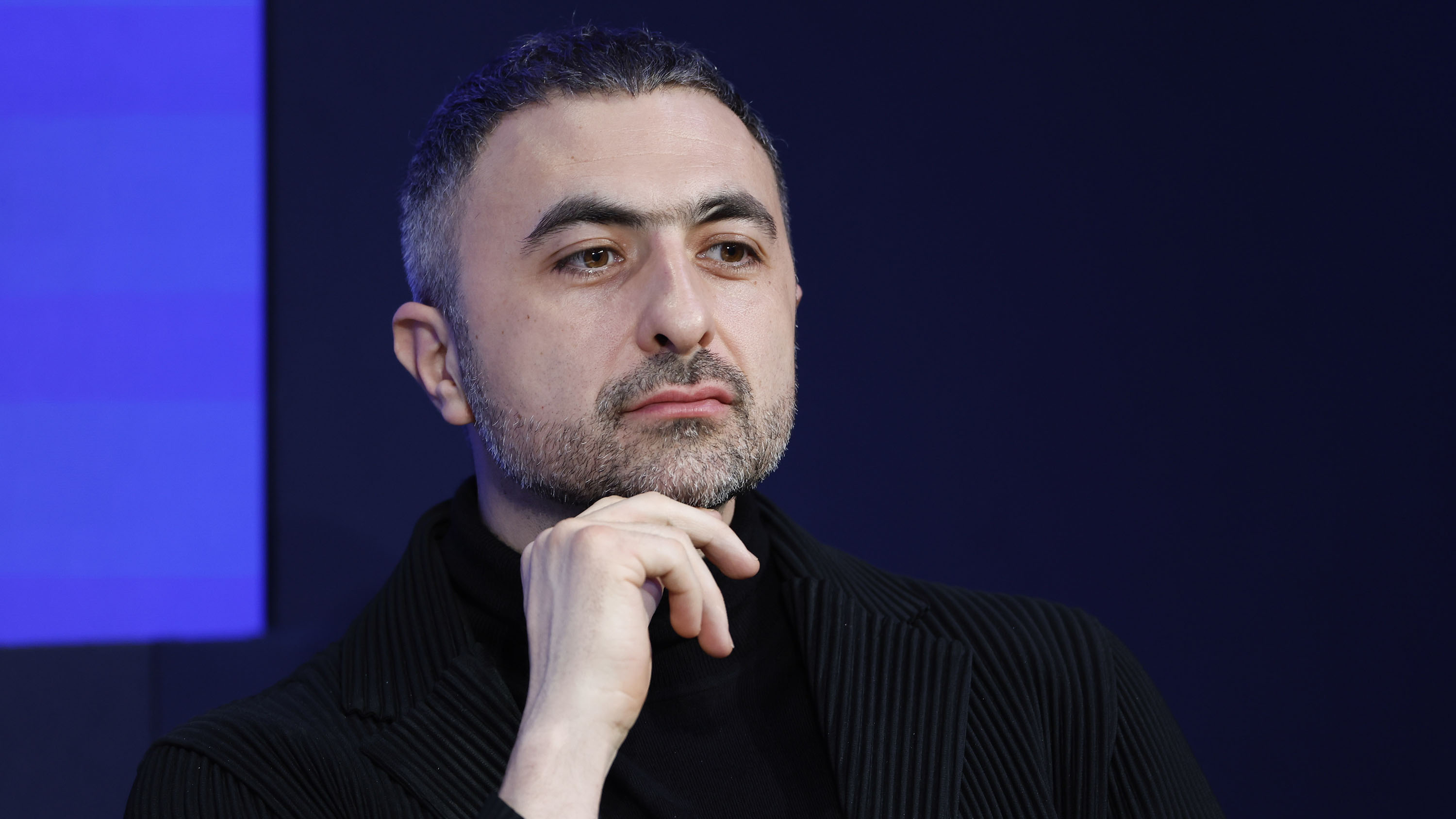
Generative AI has reshaped our outlook on life as humans by revolutionizing virtually everything. While there are still some reservations toward the technology by some people, predominantly due to security and privacy concerns, it's apparent that the technology is rapidly gaining broad adoption.
For context, OpenAI's ChatGPT added one million new users in one hour after the company unveiled its ChatGPT-4o image generator, leading to the viral Studio Ghibli-inspired memes trend on social media. A separate report ranked ChatGPT as the most popular app among +10,500 AI tools, garnering more visits in a day than Copilot did in a month.
In a recent YouTube interview with Jules Terpak, Microsoft's AI CEO, Mustafa Suleyman, shared some interesting insights and predictions about the future as we venture into the AI era (via vitrupo on X).
Per the executive, the future is going to be different and complicated, with generative AI plunging humanity into a universal basic provision utopia. According to Suleyman:
"We're taking this intelligence, the thing that has made us successful as a species, this ability to predict in complicated environments and take this action. We're making it cheap and basically abundant. And in a way, that's kind of like providing you with a team of support around you to help execute on your idea."
Microsoft AI CEO Mustafa Suleyman says the future isn't UBI. It's UBP -- universal basic provision: abundant intelligence as the new currency.You won't need more money, because knowledge won’t be something you buy.Not cash. Capability. pic.twitter.com/nys7EK2OsgApril 16, 2025
The executive admits that the approach isn't the same as earning hard dollars and says people will still need cash. However, he claims that cash and intelligence are similar in the sense that both hold the potential to get things done.
As such, giving people "intelligence" isn't dissimilar to giving people cash. Suleyman says access to intelligence will make people richer, presenting a new reality where we might need less dollar income to get by than we do today.
The executive paints a scenario where spending dedicated to intelligence-based commodities is no longer feasible, since AI will provide it freely. To that end, people will need fewer dollars to spend on hard goods.







